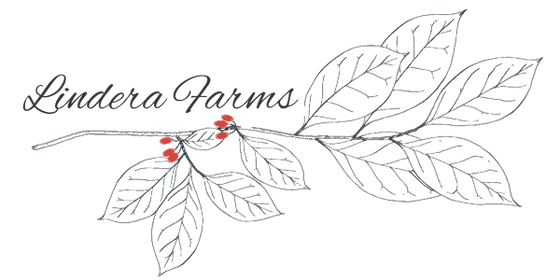At Lindera Farms, we take locally and sustainably sourced agricultural products of pristine quality, and ferment them into wines which we then age into vinegar. This makes for a robust, versatile vinegar with chefs, bartenders, home cooks, and health conscious individuals in mind.
The process for making the vinegar is a combination of traditional wine-making practices and modern culinary techniques. First, we do everything ourselves starting at the very beginning of the process when, we forage berries, flowers, roots and herbs, bring in produce from small, local farms, and combine them with honey or molasses to turn them into an intense, flavorful wine. We then slowly ferment that into a vinegar; we don’t just add alcohol to a finished juice, nor do we blend ingredients into a finished vinegar. The process is more laborious and takes much longer. However after allowing the vinegar to age enough for the acids to soften (not a practice used in the factory-produced vinegars and balsamic most of us are used to) the resulting vinegar is richer, more aromatic, and more flavorful than any vinegar you’ve tried before.
The resulting product is extremely versatile; and can be used as a finishing vinegar, for seasoning, vinaigrettes, gastriques, cocktails, shrubs, as a drinking vinegar, and many people actually enjoy it straight! Be sure to check out our recipes page to see how some of the best culinary minds in the country are using it!
Vinegar may not be the first thing you might be thinking of when you want to buy local, or even when you think of something delicious. However, if you support local food, sustainable and responsible agriculture, or if you really just want something tasty, give us a shot; you’ve never had vinegars like these.
Lindera Farms
The ingredients from Lindera Farms are raised in a non-interventionist process, we don't introduce anything to the growing process, no chemicals and no fertilizers, just about the only thing done is some grass mowing about twice a year. Basically, we’re subject to the whims of the environment completely; think Darwinian farming. The positives of this practice are that you get these stronger, more resilient, more flavorful fruits, herbs, and flowers with no carbon footprint or residual impact to the environment. The result? Mind-blowing.
